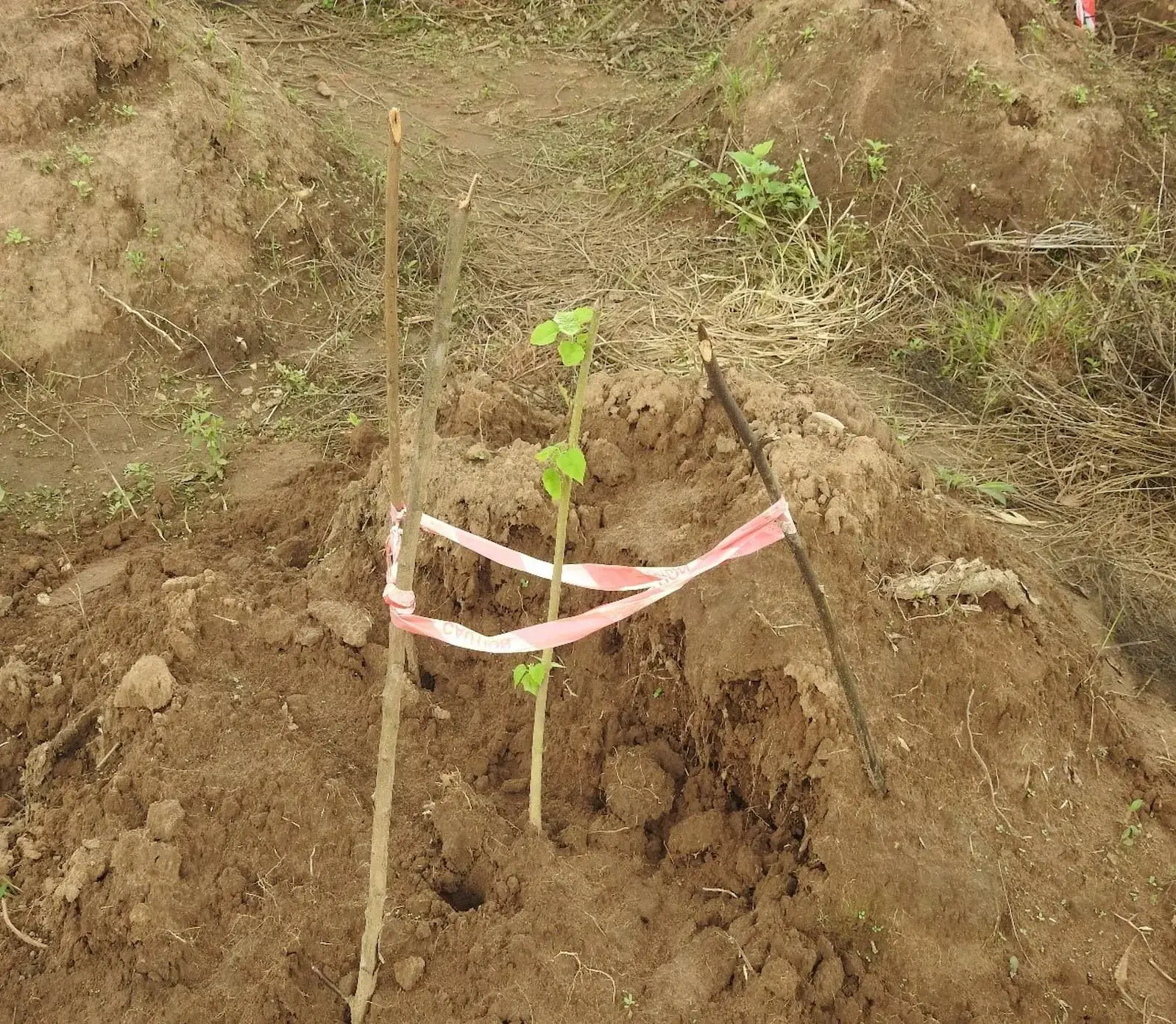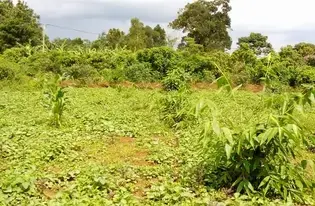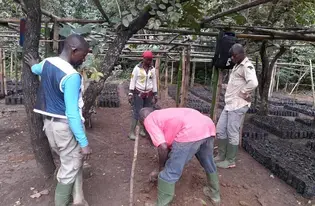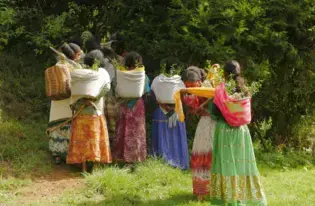As the world faces an urgent need to mitigate climate change, the Nigeria Conservation Foundation is proactively creating a bridge to harmonize nature and people and restore the country’s degraded ecosystems.
Nigeria has lost 10% of its tree cover, equivalent to over 1 million hectares of natural forest, since the start of the 21st century. Agricultural expansion, poor waste management, and bush burning have contributed to this precipitous decline.
To create a future where biodiversity is thriving, protected, and sustainably managed for the benefit of all, people need to live in harmony with nature. The Nigeria Conservation Foundation (NCF) is actively working towards this objective in the country.
Founded in 1980, NCF is committed to nature conservation and sustainable development. Its mission is to preserve Nigeria’s rich biodiversity while promoting sustainable use of natural resources, advocating for proper waste management, and encouraging the use of renewable resources.
The Nigeria Conservation Foundation partners with AFR100 partners Birdlife International, the World Wide Fund for Nature (WWF), and the International Union for the Conservation of Nature (IUCN), along with government stakeholders, students and the community at large to build, sustain and safeguard the nation’s natural treasures.
NCF played a key role in the formulation and adoption of Nigeria’s revised National Forest Policy in 2020 and has a long history of restoration work in the Hadejia-Nguru wetland of North-eastern Nigeria. The organization’s Green Recovery Nigeria initiative was developed to conserve and restore Nigeria’s forestry which has been degraded at an alarming rate. The initiative intends to help increase forest cover from less than 7% to 25% by 2047.
Through the Green Recovery Nigeria initiative, NCF established a wildlife sanctuary in the Omo Forest Reserve. The reserve holds the last remaining forest in Southwestern Nigeria but is threatened by logging, and hunting among other human activities. The foundation is conserving this forest through advocacy and community engagement.
Additionally, the foundation also partners with schools to start conservation clubs to inspire passion for nature among young people. As a result, students participate in creative arts and essay competitions centered on conservation as a platform to express their creativity and understand the environment.
Building on that work, NCF received a grant from TerraFund for AFR100, an initiative of World Resources Institute, One Tree Planted, and Realize Impact that finances Africa's top restoration enterprises and projects, to recover 200 hectares of degraded forests.
These forests are managed by Nnamdi Azikiwe University and are located in southeast Nigeria. Additionally, the funding will support the restoration of two NCF-owned forests: one in Ajingi, Kano, and another at the Abuja Conservation Centre in the northern savannah region of Nigeria.
These forests are home to unique biodiversity, particularly indigenous plants and animal species that are essential to maintaining a balanced ecosystem. To date, NCF has created job opportunities for 17 women and 13 men from six communities, and planted around 10,000 trees since 2022.
According to Joshua Dazi, NCF’s Program Development Officer, the efforts made are bringing a range of benefits to the community.
“We are now seeing a difference. People are motivated because we are not just planting trees; we are also instilling the love for nature in the communities. We let them select a particular species they would like to grow in their area and involve them in maintaining these resources,” Joshua says.
Umeh Scholastica, a 38-year-old mother and a project beneficiary, says that the project is regreening Nigeria and enabling them to support their families.
“A number of fellow women in our community are widows struggling financially. Fortunately, this project provides opportunities to address that challenge. We earn an income to support our families by buying food and paying school fees. Besides financial support, we want to be involved in creating a greener future for our children and an environment they can learn from. So being a part of this journey is a rewarding experience,” Umeh says.
NCF looks forward to reviving Nigeria’s forests and landscapes by planting 90,000 more trees in the coming years. This will be achieved through constant collective efforts with the community, the government and other stakeholders.
The impact of the NCF on Nigerian communities serves as an inspiring example of the vital role that collective action toward conservation plays in achieving a sustainable future for our planet.



